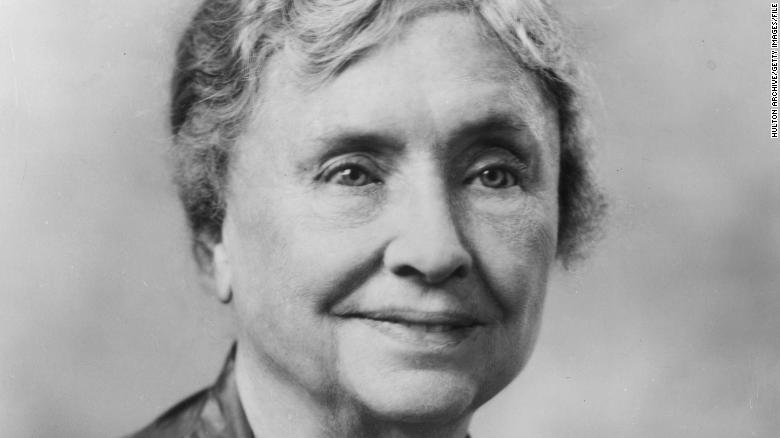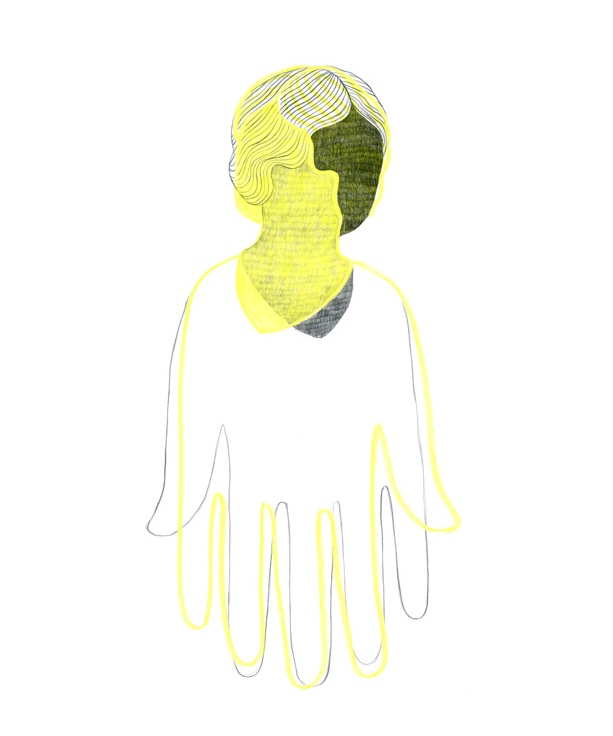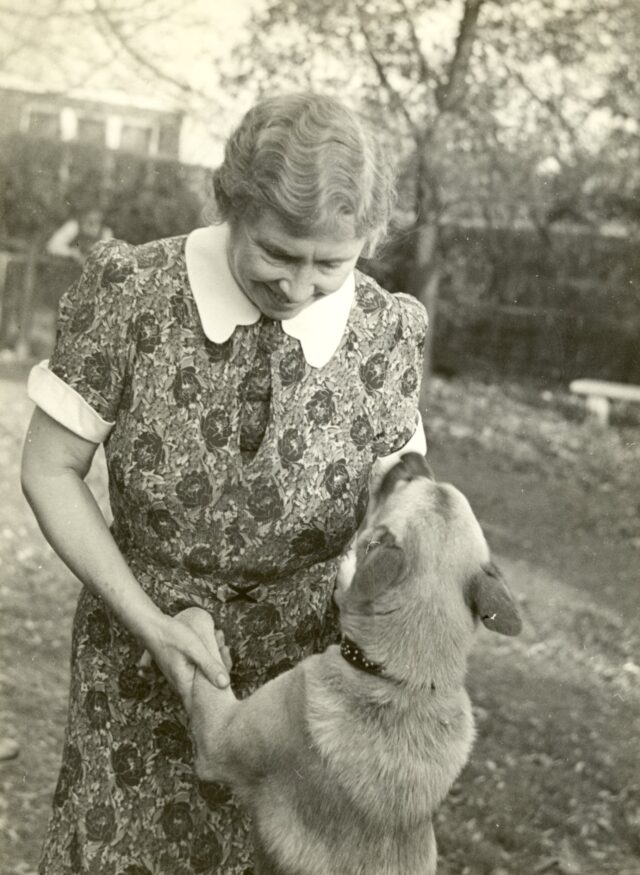
“ The world is sown with good but unless I turn my glad thoughts into practical living and till my own field, I cannot reap a kernel of the good. The desire and will to work is optimism itself. ”
Helen Keller (1880– 1968), the outstanding woman who grew up without sight or hearing, in her quest for knowing she not only became learned in philosophy, history, math, science and world matters, but also became an intellectual activist, a “doer” for the good of humankind, and the society at large.
She recounts the transforming experience from her inner darkness opening to knowledge with the feeling and spelling of water in her palm by her lifetime teacher Annie Sullivan:

Once I knew the depth where no hope was, and darkness lay on the face of all things. Once I knew only darkness and stillness. My life was without past or future. But a little word from the fingers of another fell into my hand that clutched at emptiness, and my heart leaped to the rapture of living. Now I know hope and joy. Once I fretted and beat myself against the wall that shut me in. Now I rejoice in the consciousness that I can think, act and attain heaven. With the first word I used intelligently, I learned to live, to think, to hope. Darkness cannot shut me in again. I have had a glimpse of the shore, and can now live by the hope of reaching it.
This experience which gave her the lead to leap from bad to good also transformed her being to a true optimist. She describes the realistic nature of her optimism as not being in ignorance of evil:
It is a mistake always to contemplate the good and ignore the evil. I know what evil is. Once or twice I have wrestled with it…For the very reason that I have encountered it, I am more truly an optimist. I can say with conviction that the struggle which evil necessitates is one of the greatest blessings. It makes us strong, patient, helpful men and women. It lets us into the soul of things and teaches us that although the world is full of suffering, it is full also of the overcoming of it. My optimism, then, does not rest on the absence of evil, but on a glad belief in the preponderance of good and a willing effort always to cooperate with the good, that it may prevail.
Being an optimist in one’s perception and thoughts is not sufficient to make a better place for fellow beings to live in, one should dwell and act on it:
The world is sown with good; but unless I turn my glad thoughts into practical living and till my own field, I cannot reap a kernel of the good. The desire and will to work is optimism itself.

The inborn desire to be of use and the will to work provides the momentum to lead an active life:
I love to labor with my head and my hands, I am an optimist in spite of all. I used to think I should be thwarted in my desire to do something useful. But I have found out that though the ways in which I can make myself useful are few, yet the work open to me is endless.
Optimism, then, is a fact within my own heart.
For Helen Keller, education is a lifetime learning and practicing, an essential quality to cultivate the virtues of common sense, courage, patience and integrity.
The highest result of education is tolerance.
Education broadens to include all men, and deepens to reach all truths…and optimism is the faith that leads to achievement. The test of all beliefs is their practical effect in life.
We have seen that the world’s philosophers—the Sayers of the Word—were optimists; so also, are the men of action and achievement—the Doers of the Word.
Through a drop of water, her soundless darkness found a passageway to a learned life. Released from her captive state, she dedicated the rest of her life to serving people and propagating education. All the while she firmly believed that good outweighs the evil, and hope reigns over pessimism.
Duygu Bruce
June 2, 2019







